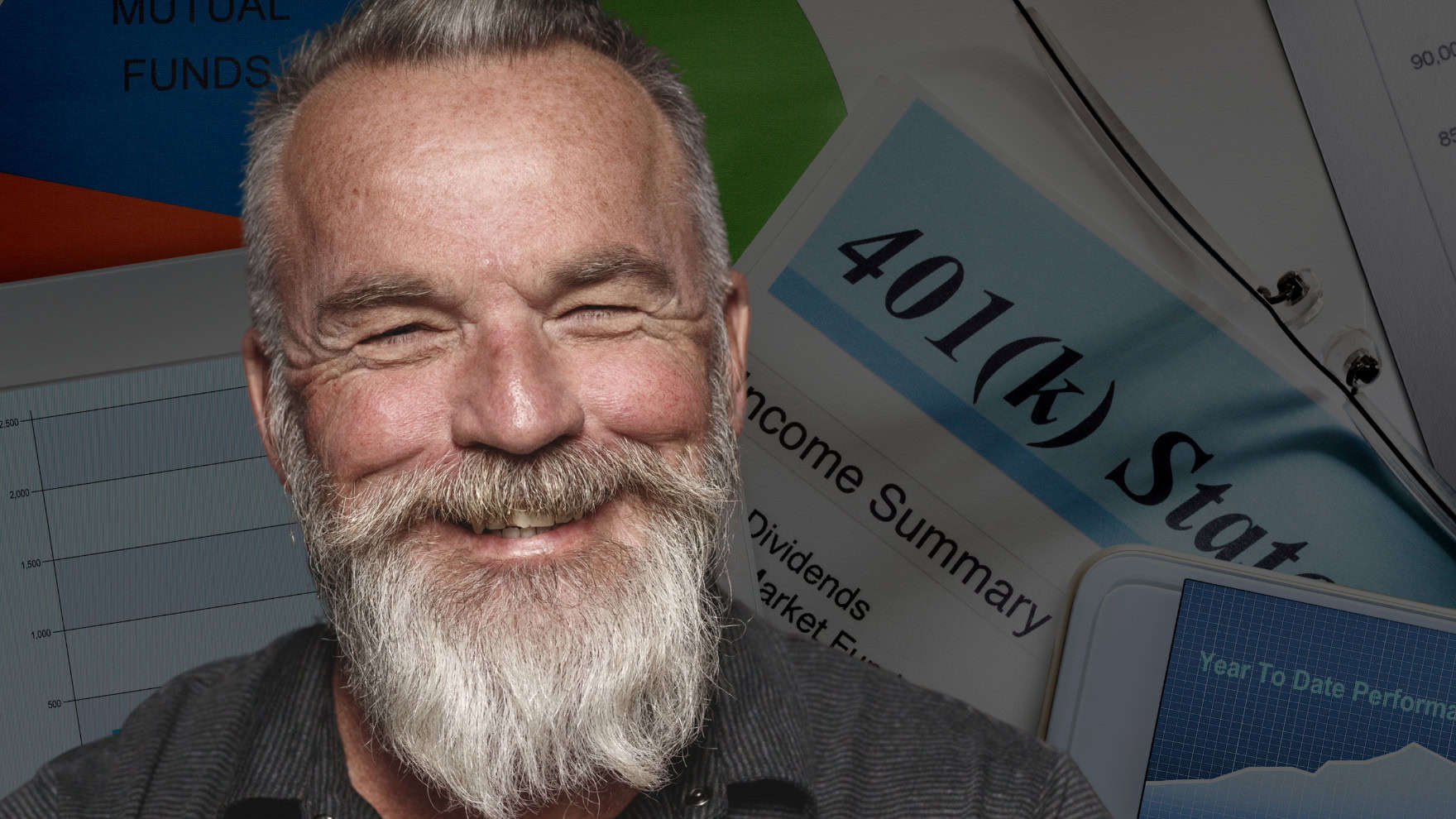Personal Finance
I'm 60 years old and am considering taking a big chunk of an old 401(k) to pay off my mortgage - is this silly or brilliant?

Published:
Last Updated:

Although heading into retirement is supposed to be when you finally take your foot off the gas and coast into a time of greater leisure activities, for a large and growing number of Americans, that will not be the reality.
The burden of a mortgage will continue to dog them, even into their Golden Years. According to the Urban Institute, 30.1% of homeowners aged 65 to 74 had a mortgage they still have to pay, while 25% of homeowners 75 and older still had a monthly nut to crack. Some 25 years ago, less than 11% of homeowners 75 and above had a mortgage.
Government policies that increase the cost of living every year are sending Americans into retirement carrying a heavy burden. Yet because more people than ever invest in the stock market, they also have available to them a hefty 401(k) retirement plan balance and the temptation to use it, at least in part, to pay off their mortgage is strong.

That’s the situation Redditor Regretful007 finds himself in over on the r/personalfinance subreddit.
At 60 years old, he is approaching retirement with a $350,000 mortgage with a 6.98% interest rate. While he and his wife have net income of $250,000 a year, he also has a 401(k) from a previous employer with $450,000 in it.
He was thinking of taking out $350,000 from the plan to pay off the mortgage, fully aware that he would be giving up investment gains. However, since he is older than 59-1/2, he wouldn’t incur penalties for doing so and he would save on the high interest rate he is paying. What Regretful007 wants to know is, what issues is he missing and what would the tax hit be?
The Redditor is correct that he would avoid the 10% penalty the IRS imposes on those under 59-1/2 for withdrawing 401(k) funds early. But because they didn’t pay taxes on their contributions to the plan, that bill now comes due. Whatever amount is withdrawn from the account gets added to your regular salary, and it’s not just federal taxes you’re going to get socked with. In 43 states, you’re going to get a state tax bill, too.
While this is not tax advice advice and anyone in a similar situation should consult with a tax professional and a financial advisor before making any moves, it would be a grave mistake to do this.
First, just the federal tax hit alone is going to be heavy. The couple will have $250,000 in regular income plus $350,000 in the 401(k) “income,” giving them $600,000 in total. Beyond the taxes they will pay on their regular income, they will pay an additional 24% on the next $114,000, 32% on the next $98,300, and 35% on the next $137,500.
That suggests the federal tax burden will be almost $107,000, meaning the Redditor would have to withdraw the full amount of his 401(k) plan, but still wouldn’t have enough to pay off the mortgage. Because he lives in Florida he won’t have a state tax bill, but others considering this plan might.
There are other, better options to choose. The Redditor could make extra payments to his mortgage every month, which will reduce the principal and save on interest over time. He could make biweekly payments, which comes out to an extra payment every year, and typically can cut the repayment time of a 30-year mortgage in half, also saving on interest.
He could refinance the mortgage as well, potentially getting not only a lower interest rate, but also choosing a repayment time that’s shorter than his current one. And he could recast his mortgage, which requires making a lump sum payment, but then configuring the new, lower balance to reduce the monthly payments.
There are better choices than withdrawing from your 401(k) plan early, but speak with a tax and planning pro first before making any big decisions like this.
Retirement planning doesn’t have to feel overwhelming. The key is finding expert guidance—and SmartAsset’s simple quiz makes it easier than ever for you to connect with a vetted financial advisor.
Here’s how it works:
Why wait? Start building the retirement you’ve always dreamed of. Click here to get started today!
Thank you for reading! Have some feedback for us?
Contact the 24/7 Wall St. editorial team.